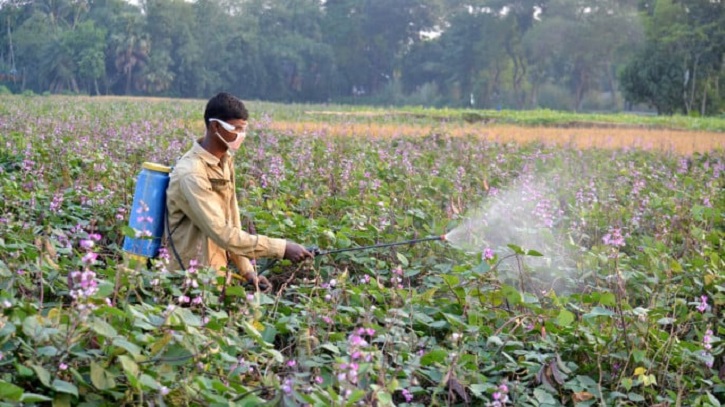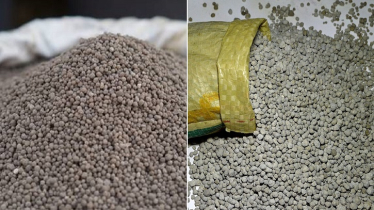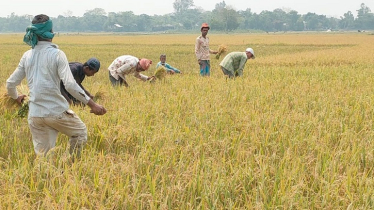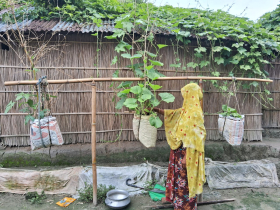
Chemical fertilizers and pesticides are increasingly contaminating farmland, the environment, and human health. In 2000, Bangladesh used 8,000 tonnes of pesticides; by 2023, that figure had climbed to 40,000 tonnes. Of the 377 pesticides registered in the country, at least 25 are classified as hazardous under United Nations standards.
These findings were presented on Wednesday at a seminar titled “Effective Enforcement of Laws to Mitigate Pesticide Risks,” organized by the Bangladesh Environmental Lawyers Association (BELA) at the Tourism Building in Agargaon, Dhaka.
The event’s chief guest, Dr. Abdur Rahim, director of the Department of Agricultural Extension, acknowledged that the country has no alternative but to adopt sustainable farming practices to ensure health safety. In the keynote presentation, BELA’s Research, Advocacy and Campaign Coordinator, Rahmuna Nurain, stated that arable land is decreasing by 0.685 percent annually. She added that the remaining land is becoming infertile due to excessive chemical use, leading to soil, water, and air pollution, as well as the collapse of biodiversity as insects die off.
Delowar Jahan, coordinator of Natural Agriculture, said that three farmers died while spraying pesticides and described these deaths as “not accidents, but killings.” Taherul Islam, senior executive at Syngenta Bangladesh, said efforts are underway to emphasize safe usage to curb excessive application. Hanif Uddin, product development manager at Intefa Company, stressed the need for government action to shut down unregistered pesticide businesses.
Consumer Association of Bangladesh (CAB) President Shafiquzzaman called for mobile courts to halt unregulated sales. Dr. Ataur Rahman of the Sugarcrop Research Institute highlighted the need for stronger focus on regulation, research, and information dissemination on pesticide use.
Nazim Uddin, senior scientific officer at the Bangladesh Agricultural Research Institute (BARI), alleged that many hazardous “red category” pesticides are being sold with green labels, and that internationally banned substances such as glyphosate are still in circulation in Bangladesh.
Prabhat Chandra Barman, deputy director of the Department of Agricultural Extension, said pesticides contribute not only to acute poisoning but also to neurological damage, memory loss, Parkinson’s disease, and even cancer. Dr. Nirmal Kumar Dutta of BARI’s Entomology Department noted that environment-friendly pesticides remain too expensive for most farmers. Health Directorate Deputy Director Dr. Sekendar Islam added that pesticides create immediate, medium-term, and long-term health risks.
Pavel Partha, director of BARCIK, remarked that local disorder is a reflection of global agro-trade dynamics.
BELA’s Head of Programs, Firozul Islam Milon, said the current state of regulatory failure cannot be allowed to continue.
Gazipur farmer Kamal Sarkar said that although they receive training on safe pesticide use, it is often difficult to fully follow due to field realities. Marginal farmers Habibur Rahman and Abdus Samad said interest is rising in indigenous crops and chemical-free farming, but training, market access, and support remain limited.





